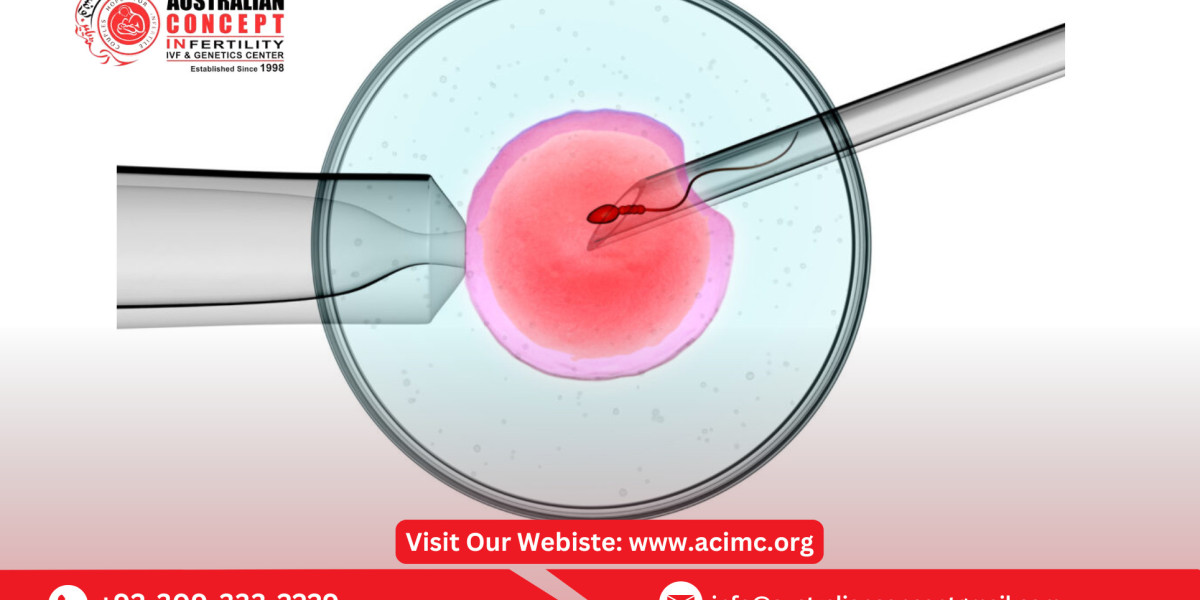Intracytoplasmic Sperm Injection (ICSI) is a widely used technique in assisted reproductive technology, particularly for male infertility. It involves injecting a single sperm directly into an egg to enhance the chances of fertilization. While ICSI offers high success rates and has helped countless couples conceive, it’s essential to understand the possible risks involved.
1. Egg Damage During Injection
One of the immediate risks of ICSI is egg damage. Because the procedure requires a needle to penetrate the egg membrane, there is a possibility that the egg might not survive the process. Not every egg reacts the same way, and some may be too fragile to endure the injection.
Although skilled embryologists minimize this risk, studies show that 5–15% of eggs may be damaged during ICSI.
2. Fertilization Failure
Despite the precision of ICSI, fertilization is not guaranteed. Some couples may still face complete fertilization failure, where none of the injected eggs develop into embryos.
This can be caused by:
Poor sperm or egg quality
Chromosomal abnormalities
Technical issues during the procedure
When fertilization does not occur, couples may need to repeat the treatment cycle or explore alternative options.
3. Embryo Development Issues
Even after successful fertilization, some embryos may not develop properly. In rare cases, embryos may arrest early in development or exhibit abnormal cell division, affecting the quality and potential for implantation.
These issues may not always be related to ICSI specifically but can still pose challenges in achieving a healthy pregnancy.
4. Increased Risk of Genetic and Chromosomal Conditions
One of the most widely discussed concerns with ICSI is the potential for passing genetic abnormalities from father to child. This is particularly relevant in cases of severe male infertility, where the root cause may be genetic.
Some research has suggested a slightly higher incidence of conditions such as:
Sex chromosome abnormalities
Autism spectrum disorder (in some studies)
Beckwith-Wiedemann syndrome
Angelman syndrome
However, the absolute risk remains low, and many children born via ICSI are healthy.
Genetic screening and counseling are recommended before undergoing ICSI, especially if the male partner has a known genetic condition.
5. Birth Defects
There is ongoing research into whether ICSI may be associated with a higher risk of birth defects compared to natural conception. Some studies have shown a small increase in congenital anomalies in ICSI-conceived babies, although the difference is often minimal.
It's crucial to note that:
The overall risk remains very low.
Factors like parental age, infertility itself, and other environmental influences can also contribute to this risk.
6. Male Offspring Infertility
Another potential long-term concern is that sons conceived via ICSI may inherit the same fertility issues that affected their fathers. Since ICSI bypasses natural selection processes, it could allow transmission of defective sperm DNA or structural issues that would not otherwise result in fertilization.
While this doesn’t affect the current generation, it raises ethical questions about long-term implications.
7. Emotional and Financial Stress
While not a physical risk, the emotional toll of ICSI treatment should not be overlooked. The uncertainty of outcomes, high expectations, and the financial burden of repeated cycles can lead to:
Anxiety
Depression
Relationship strain
Counseling and support from professionals are essential for helping couples manage these challenges effectively.
Conclusion:
ICSI has revolutionized fertility treatment and offers hope to couples facing severe male infertility or previous IVF failures. However, it is not without its risks. From potential egg damage to genetic concerns, understanding the possible complications can help patients make educated decisions.
Before starting ICSI, consult with a qualified fertility expert to assess your individual risks and ensure the safest and most effective approach tailored to your needs.



